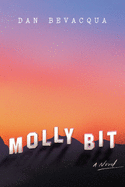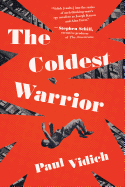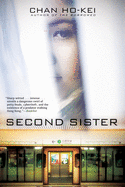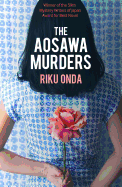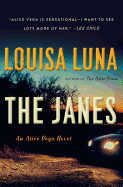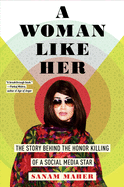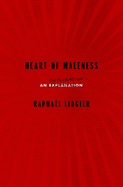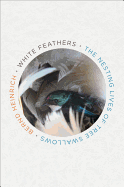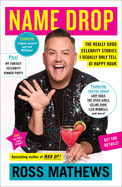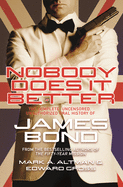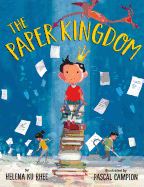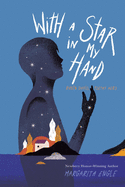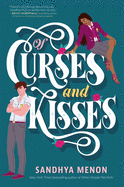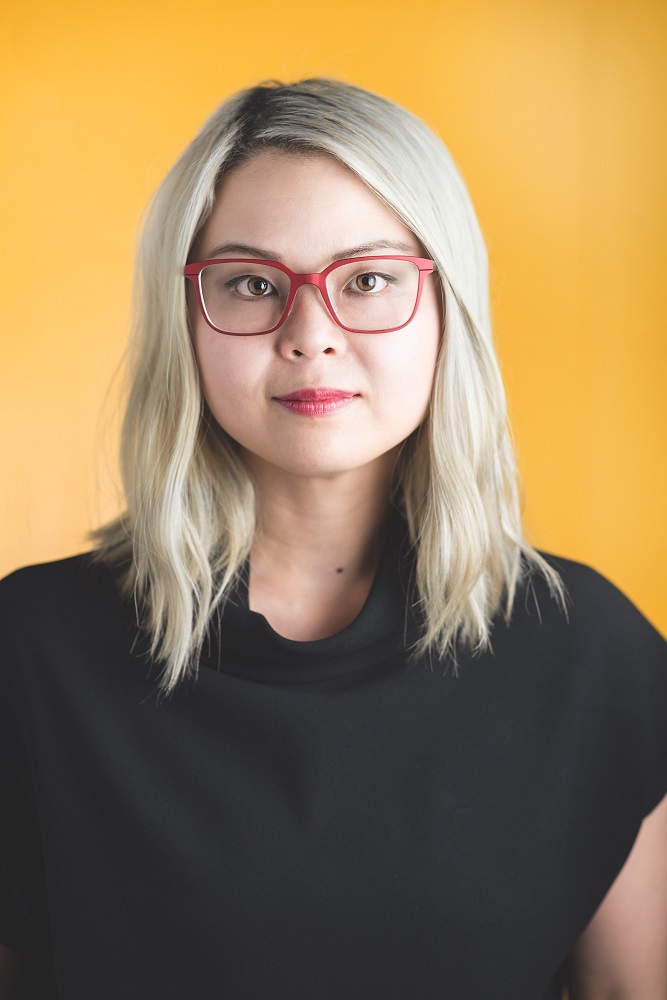 |
| photo: Christina De Melo |
Phillipa Chong, author of Inside the Critics' Circle: Book Reviewing in Uncertain Times (Princeton University Press), is assistant professor of sociology at McMaster University.
On your nightstand now:
Mastering your Adult ADHD by Steven A. Safren et al. The book was clearly written in a way to enable adults with ADHD to read along. I am studying its structure so that I can make my own writing more accessible for all types of readers.
Favorite book when you were a child:
Perfect Pigs: An Introduction to Manners by Marc Brown and Stephen Krensky (1982). I am a Pig under the Chinese zodiac and so is my mother. And it was one of the books that we bonded over. I remember how thrilled she was when I brought it home from the school library. She even bought the actual book so we'd have a copy at home. That was a big deal and I knew it was a special book. We also love good manners.
Your top five authors:
This is good for anyone looking for people who write about complicated social issues in an accessible way:
Sarah Sobieraj has this amazing literary quality to the way she writes about the state of journalism and political discourse--even in her research articles, which is an unforgiving form.
Steven Shapin writes beautifully about the history of science and wine!
Amin Ghaziani's There Goes the Gayborhood is frustratingly well-written.
I love Parul Sehgal's essays and I appreciate her care with the historical and cultural weight of words, which I am all about as a cultural sociologist who takes care when naming my concepts.
Elaine Liu runs the blog, Laineygossip.com. And when some stuff goes down in the creative industries that requires some honest, direct, intersectional thinking--that's where I like to go. I've particularly enjoyed her writing on Serena Williams.
Book you've faked reading:
I like to think of it as I haven't gotten to these books yet. I WILL read them, Shelf Awareness! But books have their own timing, too. You know a book is right for you. So you pick it up. And maybe it sits on the shelf for two years. But then depending what you're thinking about or going through, life dictates the right time to connect with it. I've had research projects that span five years from inception to when I actually start working on it in earnest. Those crisp moments when I have exactly the right title to turn to on my book shelf... feel excellent.
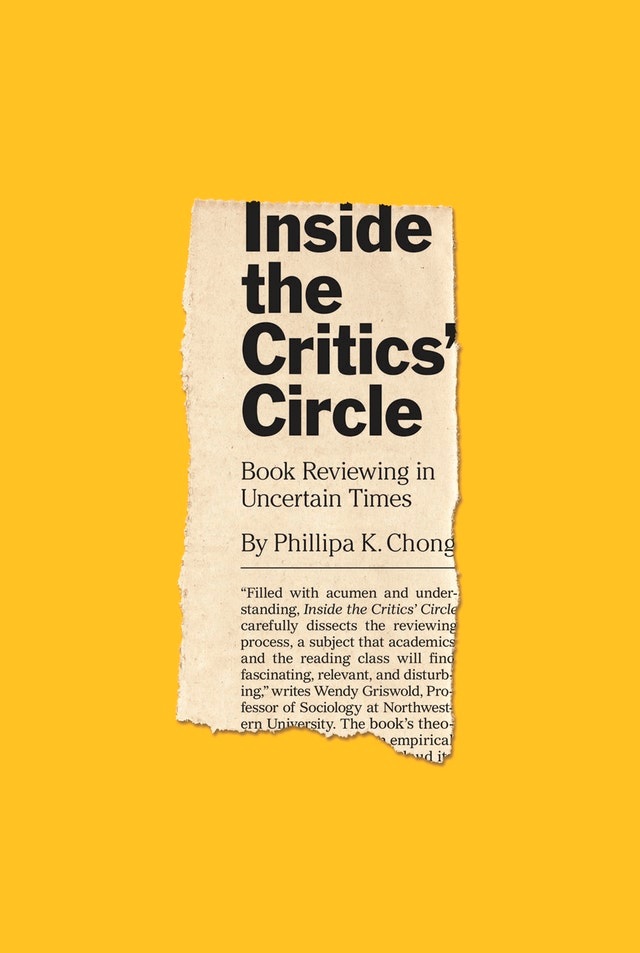 Book you're an evangelist for:
Book you're an evangelist for:
Line by Line: How to Edit Your Own Writing by Claire Kehrwald Cook. It's just a really handy book for anyone looking to be less wordy. I should have consulted it more when I wrote my own book, honestly. Going back to basics is never a bad thing!
Book you've bought for the cover:
I don't think I've ever done this because so many nonfiction and academic books have bad covers, but good insides! #dontshootthemessenger. I might do this if I read more Harlequin romances. #CanLit
Book you hid from your parents:
Anything self-help because they would take it as a denunciation of their parenting skills. There are a lot of spines turned backwards in my home bookshelf. Surprise!
Book that changed your life:
My first (unpublished) book, a Grade 3 research project entitled Ladybugs, was everything. I remember learning about the different categories by which to organize our research findings (e.g., food and mating). And a whole world of order and adventure opened up to me.
Favorite line from a book:
"It's a structuring structure." --Pierre Bourdieu, The Field of Cultural Production. (A lot of academics are LOL-ing right now.)
Five books you'll never part with:
Economy and Society, Parts I and II by Max Weber
Captivate by Vanessa van Edwards
The Field of Cultural Production by Pierre Bourdieu
Art Worlds by Howard S. Becker
Inside the Critics' Circle by ME, of course! Because I was totally that six-year-old who knew she wanted to--and was going to--write a book. And here we are.
Book you most want to read again for the first time:
I don't know that I want to read it again, but a really profound experience I had was when I read E.B. White's Charlotte's Web for the first time as a child. I remember it was the first I felt really complicated emotions as a young kid, but in a very safe way. I didn't have words for it. But the art let me experience and play with it.
Your first memory of reading:
I remember not knowing how to read. And I remember learning how to read. The space between the letters suddenly got really slippery and I could decode letters into words and then sentences. The whole universe unlocked.
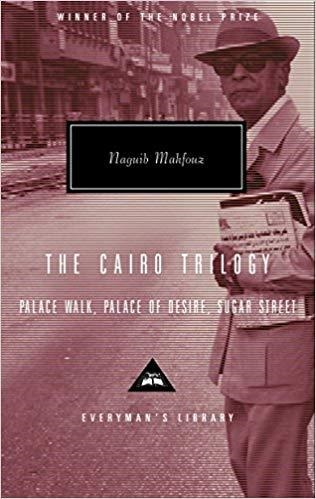 Mahfouz is a renowned literary figure in Egypt and a Nobel Prize winner. His monumental work of social realism, the Cairo Trilogy (Everyman's Library, $36), focuses on the impact of social change on ordinary people living in the neighborhoods of Egypt's largest city, and how the outside world creeps into homes and the lives of children no matter how much one tries to insulate them from it. The three books in the trilogy--Palace Walk, Palace of Desire and Sugar Street (Anchor, $17 each)--were named after streets in Cairo. The novels span three generations of the fictional Abd al-Jawad family, extending from 1917 to just before the end of World War II, during British occupation of Egypt. Mahfouz's characters live in an evolving colonial society where Western influence on Arab culture is woven into an engrossing family drama.
Mahfouz is a renowned literary figure in Egypt and a Nobel Prize winner. His monumental work of social realism, the Cairo Trilogy (Everyman's Library, $36), focuses on the impact of social change on ordinary people living in the neighborhoods of Egypt's largest city, and how the outside world creeps into homes and the lives of children no matter how much one tries to insulate them from it. The three books in the trilogy--Palace Walk, Palace of Desire and Sugar Street (Anchor, $17 each)--were named after streets in Cairo. The novels span three generations of the fictional Abd al-Jawad family, extending from 1917 to just before the end of World War II, during British occupation of Egypt. Mahfouz's characters live in an evolving colonial society where Western influence on Arab culture is woven into an engrossing family drama.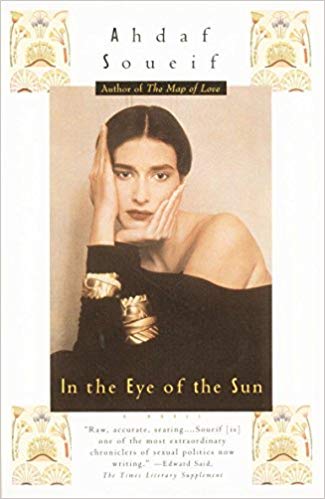 Soueif, a journalist and founding chair of the Palestine Festival of Literature, has created a fascinating portrait of Cairo's Western-educated elite in In the Eye of the Sun (Anchor, $25). The protagonist, a young woman named Asya, struggles with love, lust and longing against the backdrop of late 20th-century political upheaval and Egypt's broadening role in Middle Eastern politics.
Soueif, a journalist and founding chair of the Palestine Festival of Literature, has created a fascinating portrait of Cairo's Western-educated elite in In the Eye of the Sun (Anchor, $25). The protagonist, a young woman named Asya, struggles with love, lust and longing against the backdrop of late 20th-century political upheaval and Egypt's broadening role in Middle Eastern politics.



 Book you're an evangelist for:
Book you're an evangelist for: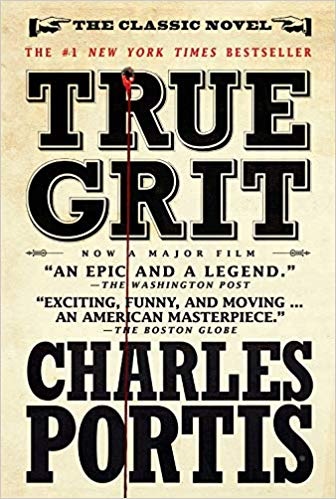 Charles Portis, author of the classic western novel True Grit, died February 17 at age 86. Born and raised in Arkansas, Portis was a Marine in the Korean War before turning to a career in journalism. He wrote for the Memphis Commercial Appeal and the Arkansas Gazette, then moved to New York City, where he worked for the New York Herald Tribune. He was the Tribune's London chief until 1964, when he returned to Arkansas to write novels full-time in a fishing shack. His first book, Norwood (1966), follows a Texan ex-Marine convinced by a conman to drive two cars to New York City, meeting an eclectic cast along the way. It was adapted into a film in 1970.
Charles Portis, author of the classic western novel True Grit, died February 17 at age 86. Born and raised in Arkansas, Portis was a Marine in the Korean War before turning to a career in journalism. He wrote for the Memphis Commercial Appeal and the Arkansas Gazette, then moved to New York City, where he worked for the New York Herald Tribune. He was the Tribune's London chief until 1964, when he returned to Arkansas to write novels full-time in a fishing shack. His first book, Norwood (1966), follows a Texan ex-Marine convinced by a conman to drive two cars to New York City, meeting an eclectic cast along the way. It was adapted into a film in 1970.